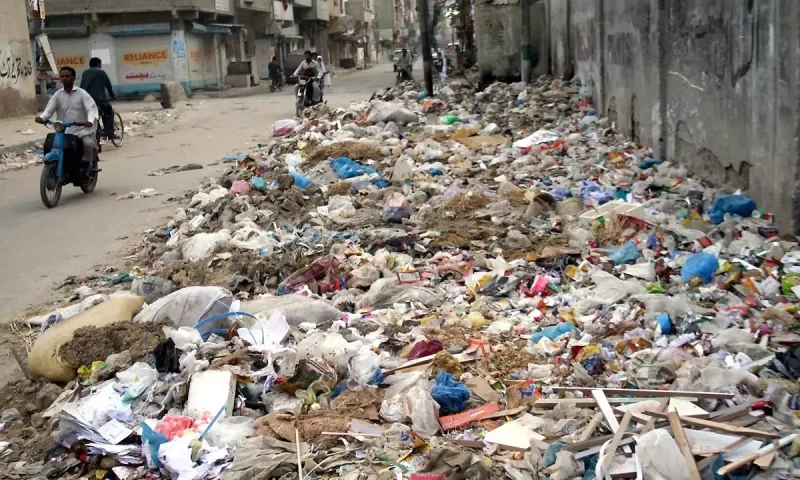YouTube has raised concerns over Australia’s upcoming social media ban for children, saying that while the move is “well-intentioned,” it is unlikely to make young users safer online and could instead create new challenges in enforcement and accessibility.
The warning comes as Prime Minister Anthony Albanese’s government prepares to roll out landmark legislation that will prohibit anyone under the age of 16 from using platforms like Facebook, TikTok, Instagram, and YouTube by the end of 2025. Companies that fail to comply could face fines of up to AUS$49.5 million (US$32 million) under the new laws.
During a Senate committee hearing on Monday, Rachel Lord, YouTube’s local spokeswoman, cautioned that the proposed ban could lead to “unintended consequences” and might not achieve its intended goal.
“The legislation will not only be extremely difficult to enforce, it also does not fulfil its promise of making kids safer online,” Lord said. “Well-crafted legislation can help protect children and teens, but the solution is not to prevent them from being online altogether.”
She added that YouTube does not consider itself a traditional social media platform and should be “out of scope” of the proposed legislation. “Our service focuses on video streaming and education, not social networking,” she said.
Australia has positioned itself as a pioneer in global online safety efforts, but critics argue that the new laws lack clarity and practical enforcement measures. Experts warn that the ban could end up being largely symbolic, given that social media companies are not required to verify the ages of all users.
Instead, platforms will need to take “reasonable steps” to detect and deactivate underage accounts — a guideline many tech companies have labeled as “vague” and “problematic.”
Industry observers also point out that the legislation could strain parental oversight and education efforts that play a key role in children’s online safety.
Social media companies, including Meta and TikTok, have previously expressed similar concerns, emphasizing that blanket bans may push young users toward unregulated or unsafe corners of the internet.
While the debate continues, YouTube’s statement reflects a growing industry consensus: that digital education, parental involvement, and technology-based safeguards may offer a more realistic path to child protection than an outright ban.





